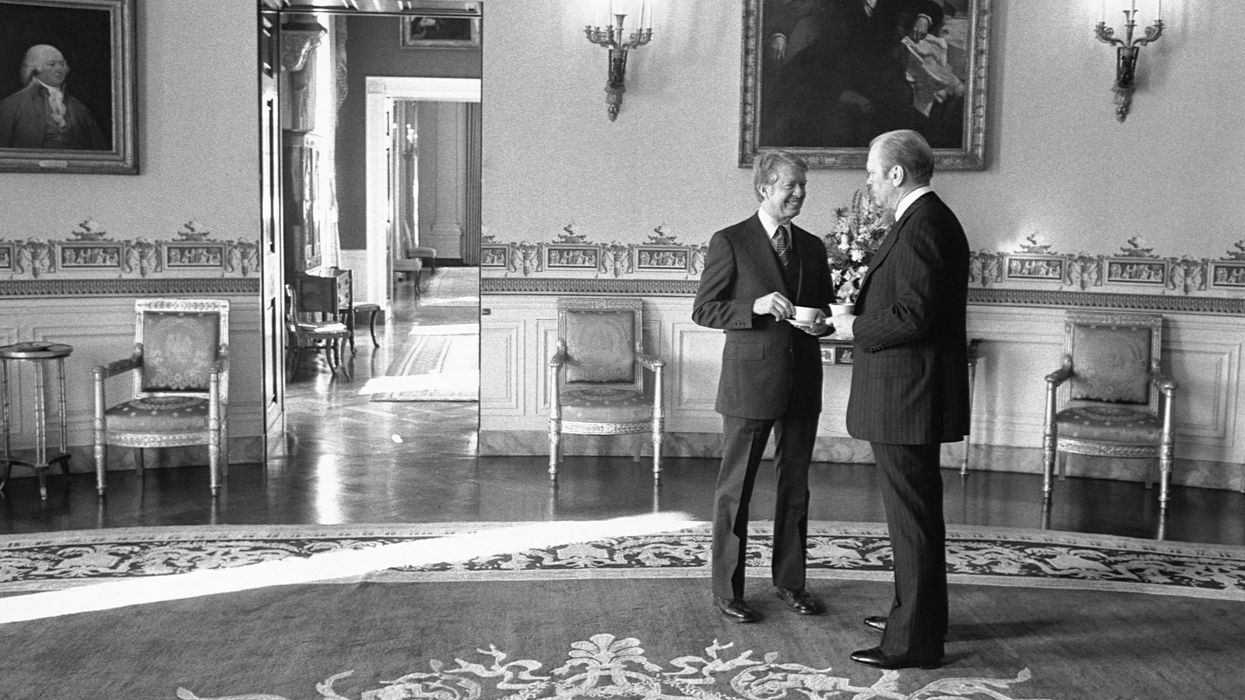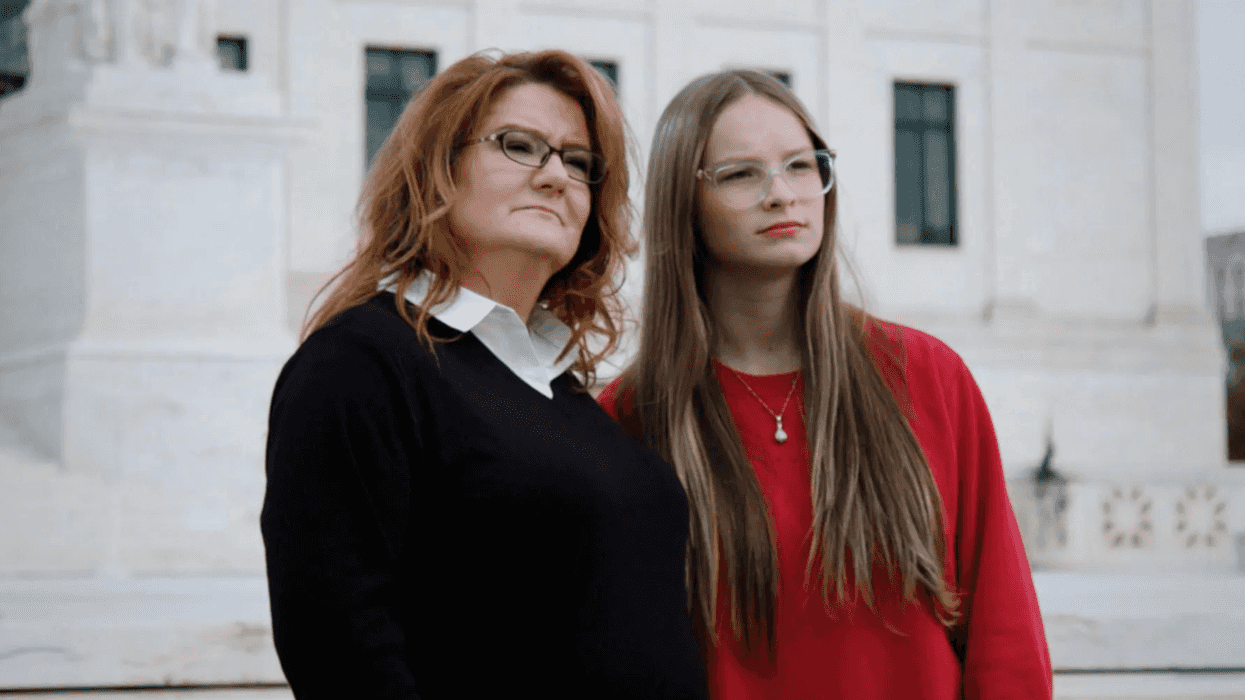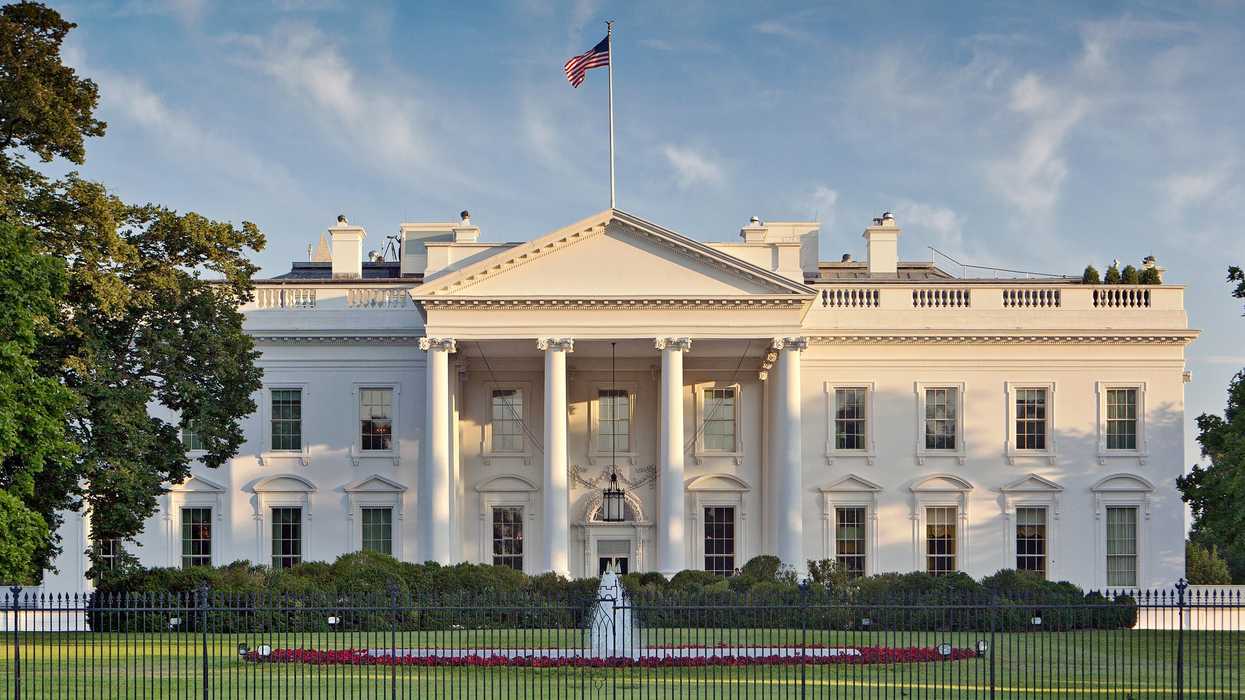The following editorial appeared last month in the Detroit News after the July assassination attempt on former President Donald Trump. Given the events of this week, the piece is reprinted below, again denouncing political violence. Last week, the authors held a national joint convening on election norms, advancing strategies for leaders, voters and the media to support the United States’ tradition of a peaceful transfer of power.
Carter is the grandson of former President Jimmy Carter, a Democrat, and Ford is the son of former President Gerald Ford, a Republican. They serve as co-chairs of the Principles for Trusted Elections, a cross-partisan program of The Carter Center, the Gerald R. Ford Presidential Foundation and Team Democracy.
The assassination attempt on former President Donald Trump on July 13 is a stark reminder that the specter of political violence casts a long shadow over our democratic ideals. This outrageous act underscores the sad reality that those engaged in our democratic process — whether as candidates, public officials or citizens — can find themselves in situations where their safety is compromised simply by participating.
This is not just an attack on individuals; it is an assault on the principles of democracy upon which our great nation was founded.
For us, as members of presidential families, the violence evokes memories of a tumultuous time in our nation’s history. For Mike Ford, it is particularly personal to recall the frightening times when my dad, former President Gerald Ford, faced two assassination attempts in 1975. Members of the Ford family experienced a range of emotions from shock to fear to anger and finally gratitude for the good people who protected him.
Together — on behalf of both the Carter and Ford families — we urge our nation to stand together in agreement that violence not only results in tragic losses but undermines the core values that define our American democratic system. The right to safely and peacefully engage in political discourse is fundamental to our identity as a nation.
The focus must now shift back to the citizens who form the backbone of our democracy. These are the people who attend rallies, volunteer at polling stations and participate in grassroots activism. They are not mere spectators but rather active participants in shaping our collective future. When their safety is threatened, it strikes at the heart of our democracy and weakens our ability to govern ourselves effectively.
We urge our fellow Americans and leaders at all levels to reaffirm their commitment to nonviolence and civil discourse. It’s the reason we co-chair the Principles for Trusted Elections to encourage citizens to tell their public leaders and candidates to stand up for safe, nonviolent elections. We condemn any form of threats or intimidation, regardless of political beliefs or affiliation. It is incumbent upon us to foster a political environment where diverse opinions are respected and differences are settled through discussion, not aggression.
As we move forward, let us honor the sacrifices made by those who have faced violence by ensuring that their courage and dedication to democratic values are not in vain. Let us elevate the voices of ordinary citizens who embody the spirit of civic engagement and uphold the norms of civil campaigning throughout the election cycle. Let us protect our democratic institutions and ensure that America remains a beacon of freedom and opportunity for all.
We stand behind the initial unifying remarks made by President Joe Biden, former President Trump, and their parties who denounce acts of violence. With this cross-partisan leadership, we hope that the nation can move peacefully forward in the months leading up to November. Candidates, voters, poll workers and election officials should be able to have confidence that they can each fulfill their essential roles and responsibilities for the democratic process in a peaceful electoral environment.
July 13 served as a sobering reminder of our responsibilities as participants in democracy. We can all rise to the occasion and safeguard the principles that have guided our nation through its darkest hours. Together, we can build a future where political discourse is marked by respect, understanding and a steadfast commitment to the ideals that unite us as Americans.
This writing was originally published in the The Detroit News, Aug. 14.



















